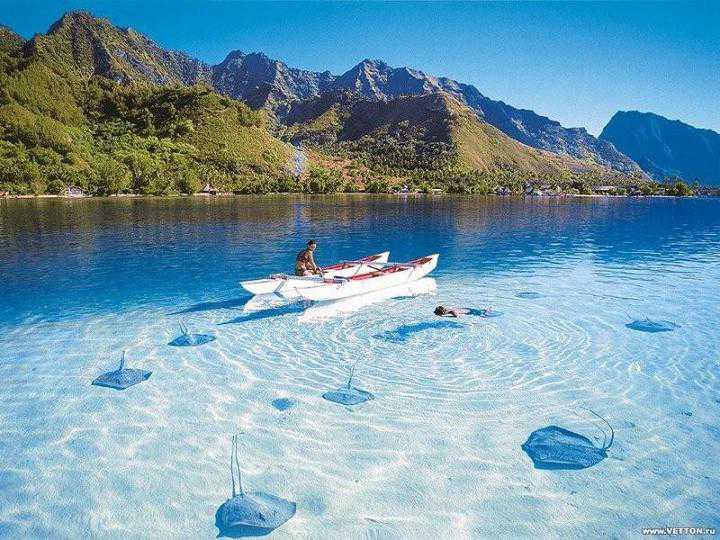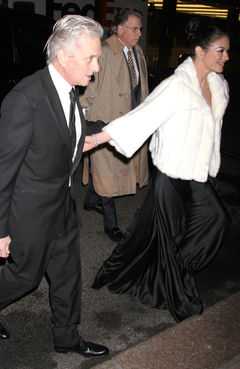By Gwynne Dyer, Special to QMI Agency
Gandhi, born a Hindu, once said: “I am also a Christian, a Muslim, a Buddhist
and a Jew.” Most people will never achieve such enlightenment (or spout such pious tripe, if you are of a less reverent turn of mind). But such thinking certainly creates an opening for innovative programs like Muslim for a Month.
No, really. There is an organization that invites people of other religions or none to come to Istanbul and live as Muslims for a month. Well, not a month, exactly: The nine-day “Explorations” program costs $900 and the 21-day “Ruminations” program costs $1,890.
“We like to think that Muslim for a Month facilitates more understanding of a religion which gets a lot of bad press,” explained Ben Bowler, who lives in Thailand and runs similar “religious immersion tours” in Buddhism for the same organization. “There’s a huge difference in the public perception of Buddhism, for example, and Islam–Islam is thorny, while Buddhism is warm and fuzzy.”
Indeed, if all that’s going on here is a simple download of information and perspective, you could argue that every religion should be doing it. Much of the human race lives in places where two or more major religions co-exist. A crash course in your neighbours’ religious beliefs ought to be part of the school curriculum. In some places, it already is.
But there is still something disturbing about the very idea of religious tourism. Immersing yourself in the prayers and rituals of a religion even though you think its God is false smacks of condescension at best, blasphemy at worst. And although a sense of politeness prevents most people from saying it loudly in public, religious people generally believe that the gods of all religions but their own are indeed false.
The people who are organizing Muslim for a Month have the best of intentions. The Blood Foundation is a Thailand-based enterprise whose goal is “to promote the ideal of the sister/brotherhood of all humanity. We operate cultural exchange programs that build bridges of understanding between diverse peoples through the means of shared, authentic experience.”
I believe that that is truly their goal. I also very much like the Sufitradition of Islam, one of the most attractive forms of religious expression that I have ever encountered, and it is the Sufis who are providing the facilities and the teachers for the Muslim for a Month program in Turkey.
But it still doesn’t feel right.
Here’s the thing. Almost all of the “modern” religions that have arisen in the past 2,500 years (and Judaism, which is much older) have sacred texts that are held by the believers to be divinely revealed truth. They are not negotiable or mutually compatible, like the old pagan beliefs were. To believe in any of the modern gods requires the faithful to reject all the others as false.
If Muslim beliefs are right, then Christian beliefs are wrong, and vice versa. If the Sikhs are right, then the Baha’i are wrong, and vice versa. If the Buddhists are right, then the Jews are wrong, and so on ad nauseam.
We minimize conflict by simply not talking about the huge, irreconcilable differences in our religious convictions. (The non-religious play the same game: They rarely challenge the beliefs of the believers either.) It’s not an attractive behaviour, and it doesn’t always avert conflict, but most of the time it works. On most of the planet, we are no longer at each other’s throats about religion.
The world does not need Muslim(or Sikh, or Christian) for a Month. Let sleeping dogs lie.
–Gwynne Dyer is a London-based independent journalist whose articles are published in 45 countries.
via Religious tourism has many flaws | Comment | London Free Press.





